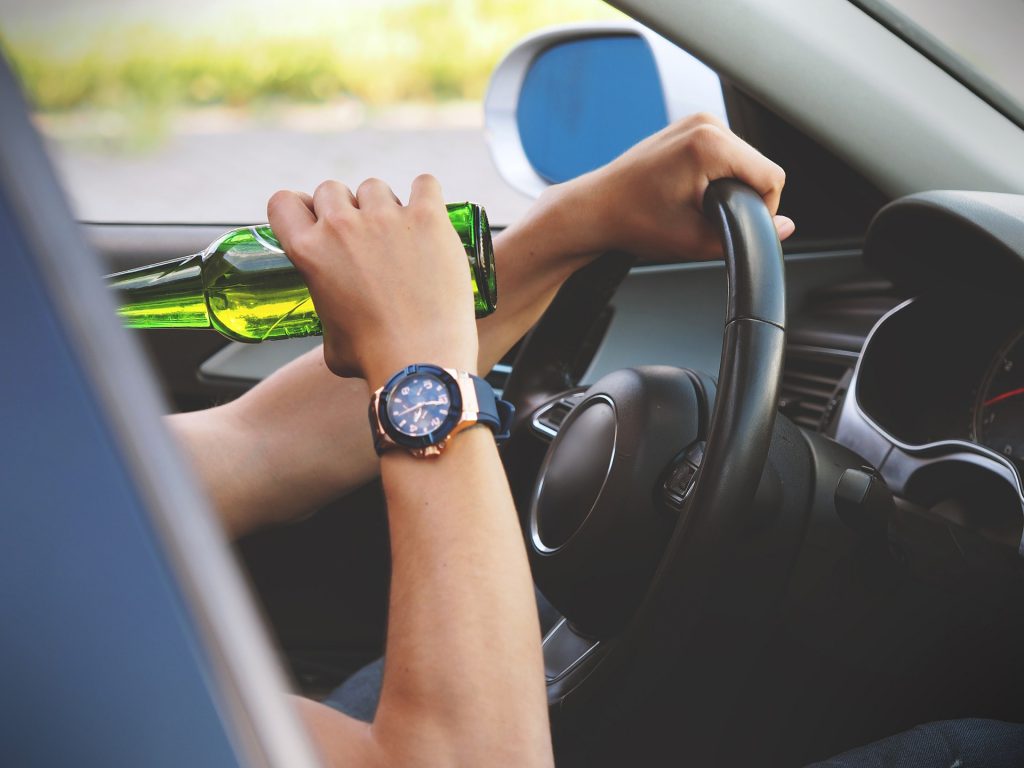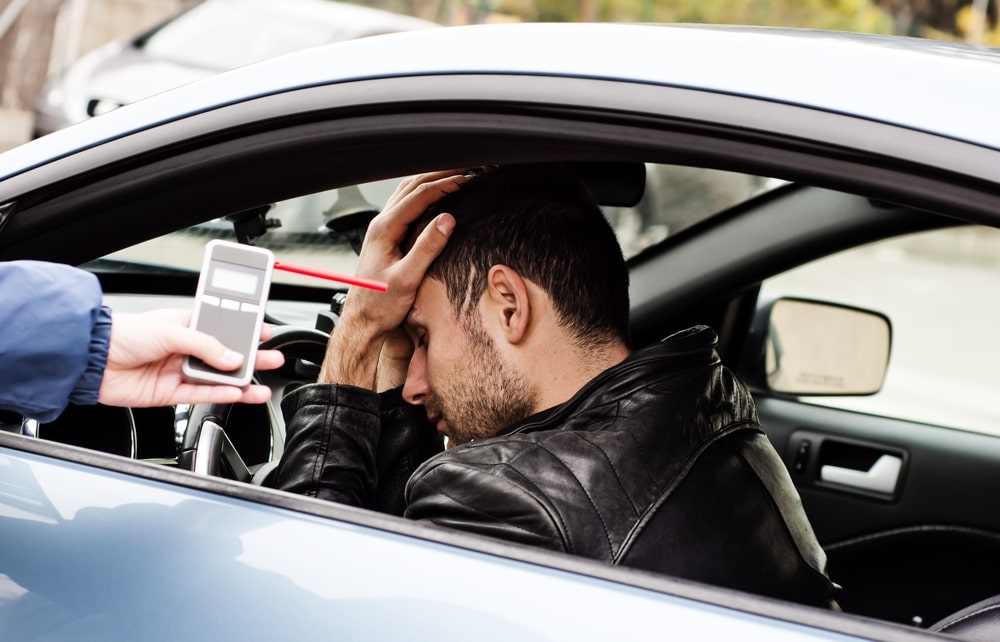If the police officer said
you were driving while intoxicated, what is there to fight?
The police officer only needs reasonable suspicion to pull you over. That means that he only needs some evidence you were possibly committing a traffic violation. That’s right—the police officer doesn’t even need to prove you were, in fact, committing the traffic violation.
At night, the traffic violation is just an excuse to pull you over to investigate something bigger, such as DWI. Most common traffic violations are for speeding (5 mph over the speed limit), failing to use your turn signal less than 100 ft of changing lanes, and running a stop sign.
Once you’re stopped, the officer can now talk to you and see if he can pick up on other clues you were doing something else that can charge you with, such as DWI. If he can smell alcohol on your breath, he has already decided to arrest you for DWI. So don’t feel like you could have done something to prevent getting arrested. You did everything right – you were just at the wrong place at the wrong time.
Everything else the officer did from that point forward was to build probable cause to support the arrest to the judge. This means that the officer had a good enough reason to accuse you of DWI—this is less than 50% sure you were driving while intoxicated.
If you wonder why the first thing an officer asks you is “where are you coming from?” It’s to get you to admit you were coming from a bar. He wants you to admit you were coming from a bar because the next question he’ll ask is “how much have you had to drink?” By this point, he has you cornered. If you tell him “I want to remain silent,” he’ll think you’re trying to hide something. And if you tell him “I’ve had one beer,” he will ask you to step out of your car to perform field sobriety tests because he doesn’t believe you.
And guess what? No one has ever passed a field sobriety test before.
You spent the night in jail and got released. Now what?
Fortunately, the US legal system isn’t built on “good enough” to throw you back in jail. Now, the state must prove beyond a reasonable doubt you committed DWI.
And this is the highest burden of proof known to man. This is much greater than 50% sure. This is much greater than clear and convincing. This is beyond a reasonable doubt. It only takes a single reasonable doubt to throw a case out. Why do most people plead to a conviction? Because this takes time to find out where the police officer messed up during the field sobriety tests.
The police officers need to follow a procedure. And the procedure is very detailed. No officer has ever given a perfect field sobriety test before. No matter how drunk you were, if you weren’t given proper instructions or weren’t graded properly, you were treated unfairly and the field sobriety tests are not valid.
Why are the field sobriety tests so important?
Because this is the only proof they have at the time of driving of your intoxication. And if they messed this up, they don’t have any hard evidence you were intoxicated at the time of driving. And it is only against the law to be intoxicated at the time of driving.
What about my blood or breath test?
These never show what your BAC was at the time of driving. The reason being your breath or blood test is always taken at least one hour after you got pulled over. And if the blood or breath result comes back at a BAC over 0.08, they have only shown that you had a BAC of over 0.08 at the time of testing, assuming their result is valid.
The state can never prove what your BAC was at the time of driving.
This is a fatal error in the DWI law that prosecutors can never prove if we make them prove it. The state hides behind this veil of science, hoping people don’t contest the results. How do people end up with DWI convictions then? It’s because most people, and unfortunately the lawyers representing them, believe the veil of science behind breath or blood tests. That is why people plead guilty. And if you plead guilty, the state will never have to prove anything.

